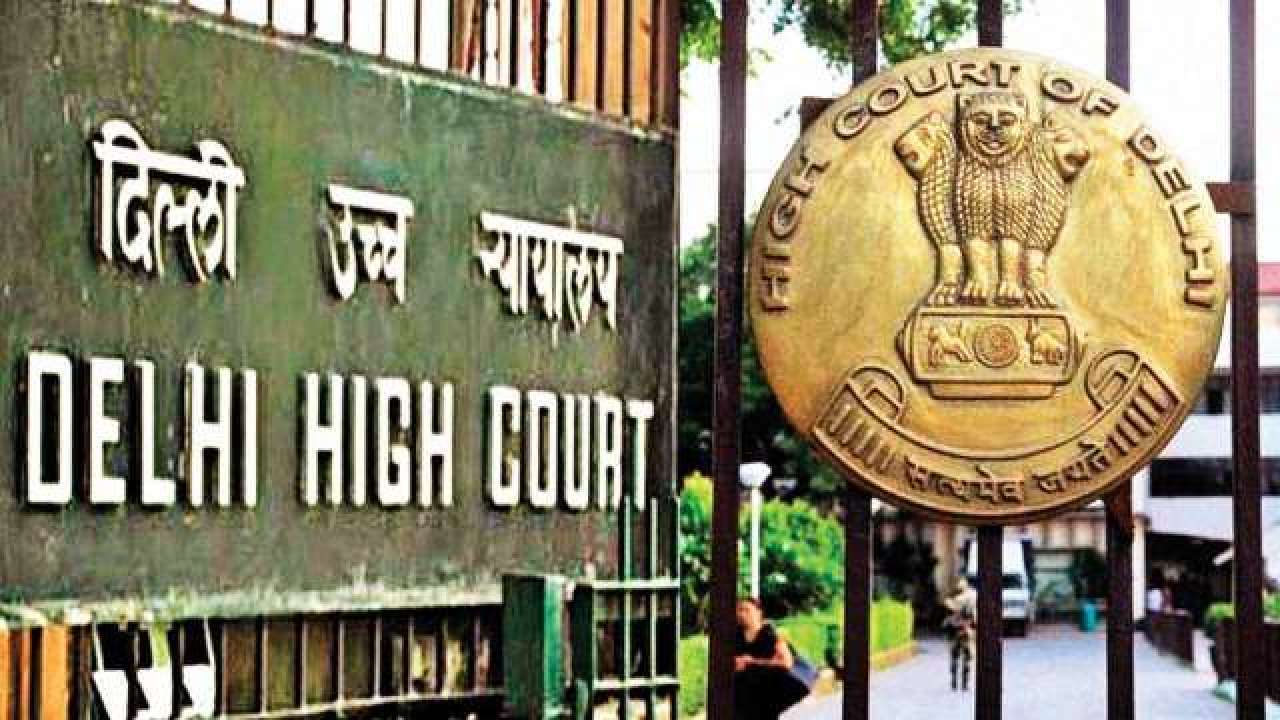Cloning Of Cards And Its Illegal Use Cannot Be Individually Done But With The Connivance Of Others: Delhi High Court

The Delhi High Court while recently dismissing the petition filed for quashing an FIR registered u/s 419/420/467/468/471/120B IPC upon allegations of skimming & counterfeiting of credit card has observed that cloning of cards & its illegal use cannot be done individually but with the connivance of others.
“Pertinently, cloning of cards and its illegal use cannot be individually done but with the connivance of others and in the present case, allegation against the petitioner is of permitting the other accused persons to swipe the cloned cards at his shop for personal gains. Recoveries made at his instance are also under scrutiny.”, Single Bench of Justice Suresh Kumar Kait noted.
In the present matter, an FIR was registered u/s 419/420/467/468/471/120B IPC upon a complaint made by V. Shiva Kumar, Risk Management & Fraud Control Department, CitiBank on 05.02.2003 regarding skimming and counterfeiting of credit card suspecting that a few shopkeepers had colluded with the criminals, which is causing loss to the bank as well as genuine card holders. On 22.03.2003 during investigation, the police arrested master mind Mayank Garg @ Bobby, Sharif Ahmed @ Sahil & Ajay Taneja were arrested on 22.02.2003 and upon further investigation, accused Mukesh Kumar, Jagdish Chand and Aleem Ahmed who provided data of genuine card holder and shop keepers, namely, Ashish Khera, Naresh Nagpal, Mukesh Dubey, Dhiraj Gupta, Jaspal Singh, Chaman Lata Gupta, Gaurav Bansal, Lalit Chander and petitioner- Mandeep Gandhi, at whose shops the cloned cards were used, were arrested and recovery was effected.
After completion of investigation & filing of charge sheet the learned trial court on 17.11.2015 framed charge under Sections 120B IPC, Sections 419/420 r/w Sections 468/471 IPC r/w Sections 467/474 r/w 467 all read with 120B IPC against the accused persons, including the petitioner. The order of framing of charge dated 17.11.2015, was challenged by the petitioner and the learned Revisional Court dismissed it observing that there was sufficient material before the trial court to frame charge against the petitioner.
Thereafter, the petitioner approached this Court assailing the impugned order dated 08.07.2016 passed by the learned Revisional Court, vide which order dated 17.11.2015 passed by the learned trial court framing charge against the petitioner has been upheld praying for quashing the orders & the FIR.
The petitioner’s Counsel submitted that the Trial Court erroneously dismissed the application made before the Trial Court for summoning the vigilance enquiry to figure out petitioner’s association in the case on the ground that the petitioner could not take advantage of the report at the stage of defence.
“there is not an iota of admissible evidence to suggest that petitioner had entered into a criminal conspiracy with other accused persons and that the only material available on record is the disclosure statement of main accused Mayank Garg, which is inadmissible in absence of any recovery at the instance of petitioner.”, Petitioner’s Counsel further submitted.
On the other hand, Learned Additional Public Prosecutor submitted that petitioner along with co-accused entered into a well designed criminal conspiracy and permitted use of cloned cards at his shop for his personal gains and recoveries made at his instance are subject to scrutiny during trial and does not call for any interference at this stage. He further submitted that while framing charges only a prima facie opinion has been given by the trial court and petitioner has the remedy to prove his innocence at the stage of defence evidence.
The Bench placed reliance on State of Maharashtra vs. Salman Salim Khan and Anr., (2004) 1 SCC 525 in which the Supreme Court observed that,
“12. We are of the opinion that though it is open to a High Court entertaining a petition under Section 482 of the Code to quash charges framed by the trial court, the same cannot be done by weighing the correctness or sufficiency of evidence. In a case praying for quashing of the charge, the principle to be adopted by the High Court should be that if the entire evidence produced by the prosecution is to be believed, would it constitute an offence or not. The truthfulness, the sufficiency and acceptability of the material produced at the time of framing of charge can be done only at the stage of trial......."
Reference was also made to Amit Kapur v. Ramesh Chander & Anr (2012) 9 SCC 460 in which it was observed that,
“19. At the initial stage of framing of a charge, the court is concerned not with proof but with a strong suspicion that the accused has committed an offence, which, if put to trial, could prove him guilty. All that the court has to see is that the material on record and the facts would be compatible with the innocence of the accused or not. The final test of guilt is not to be applied at that stage.”
Thus, the Court while upholding the order of the Revisional Court dismissed the petition. Since the FIR pertained to the year 2003, the Bench directed the Trial Court to expeditiously conclude the Trial preferably not beyond one year.
Case Title: Mandeep Gandhi v. State NCT of Delhi
